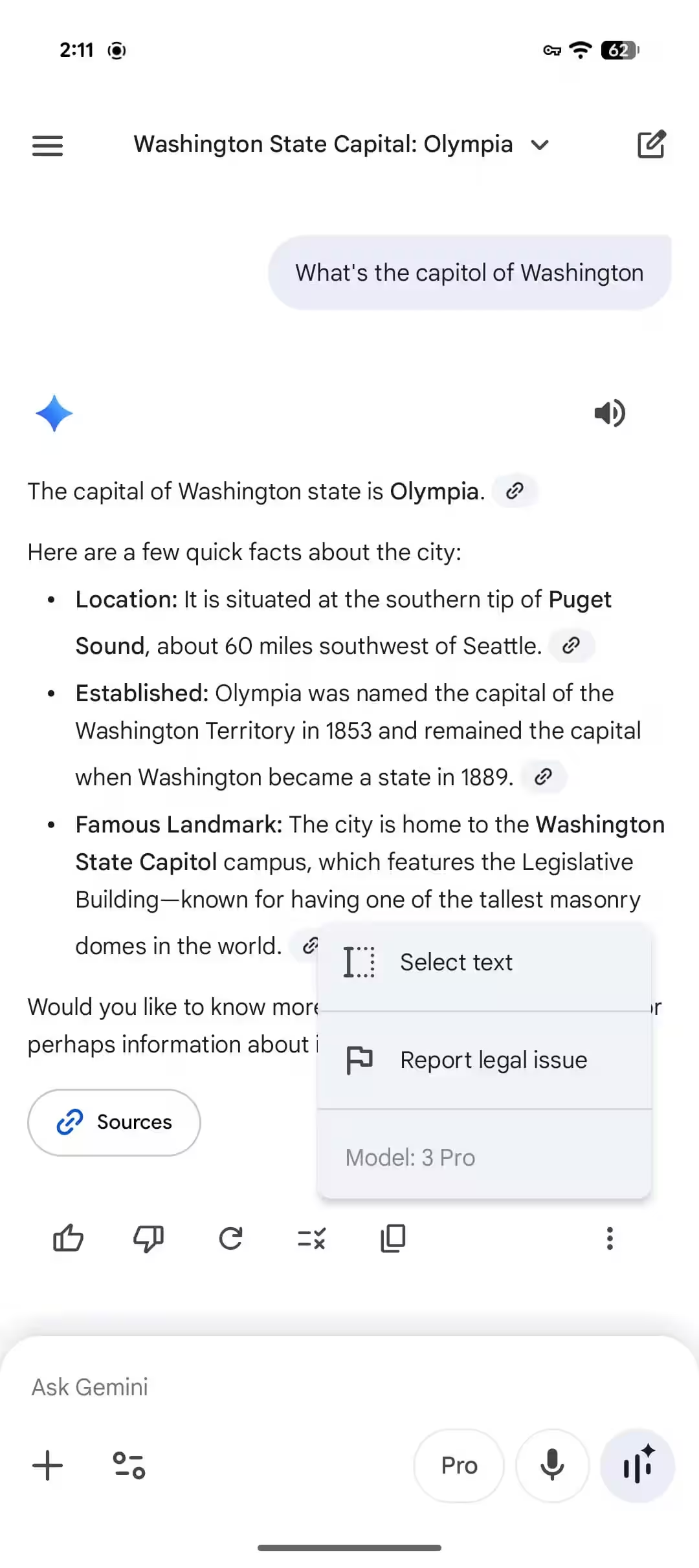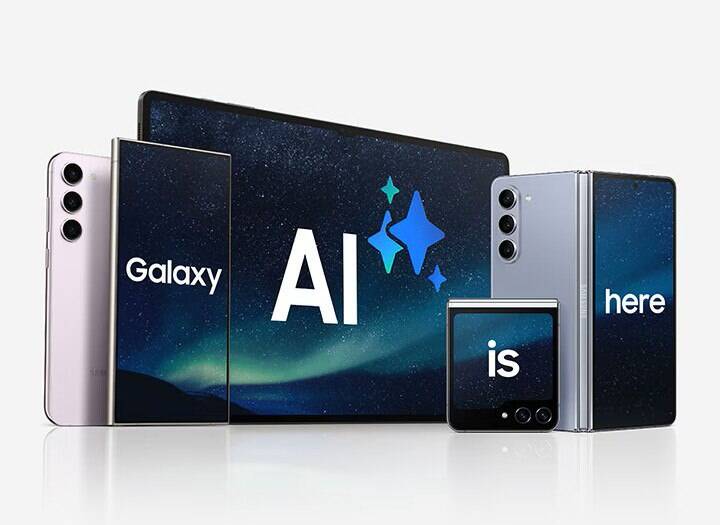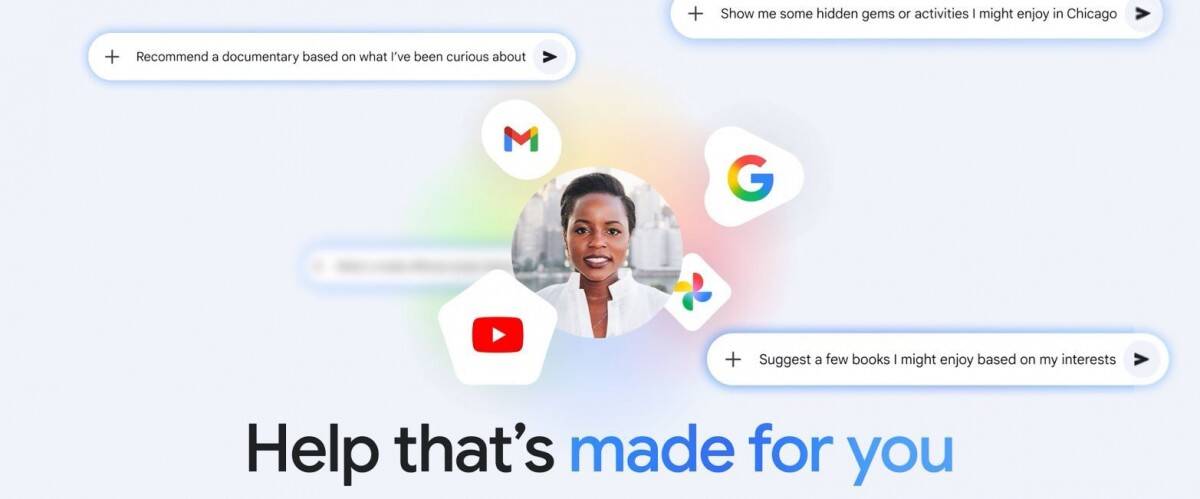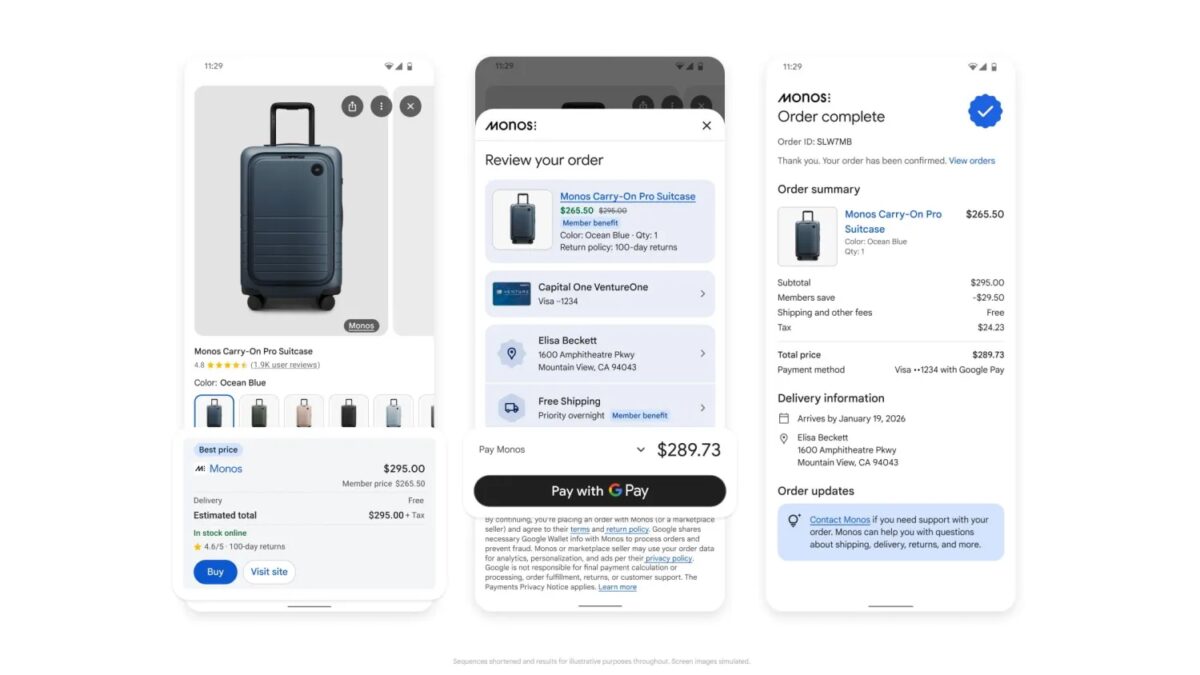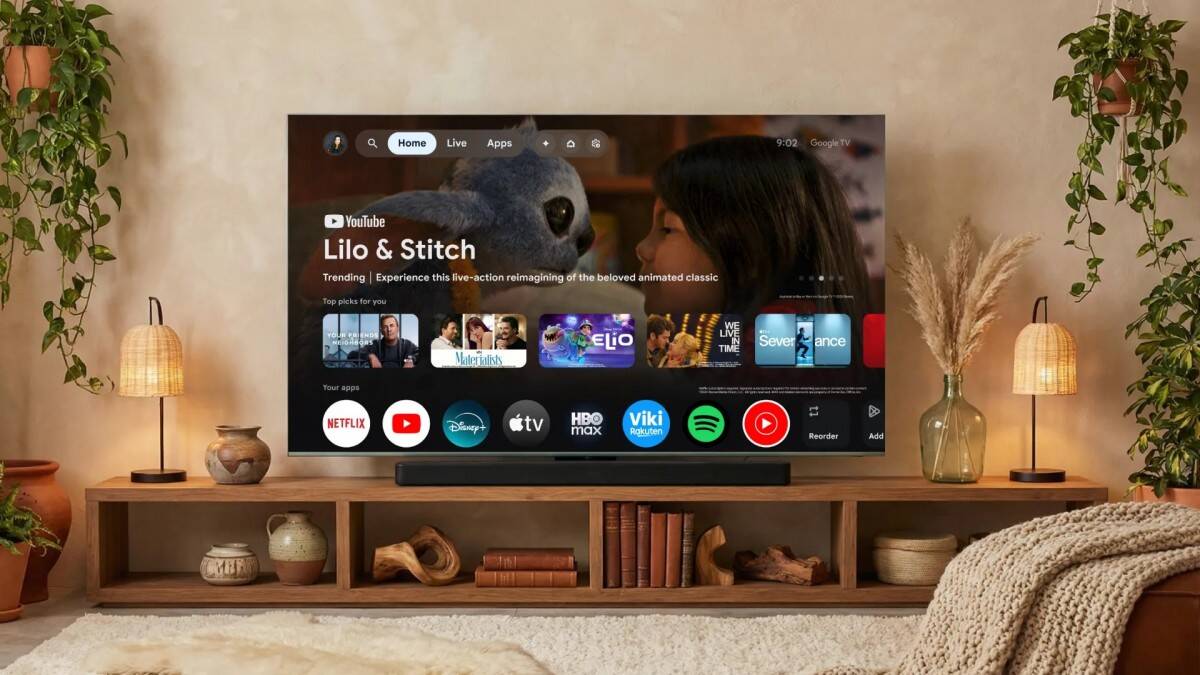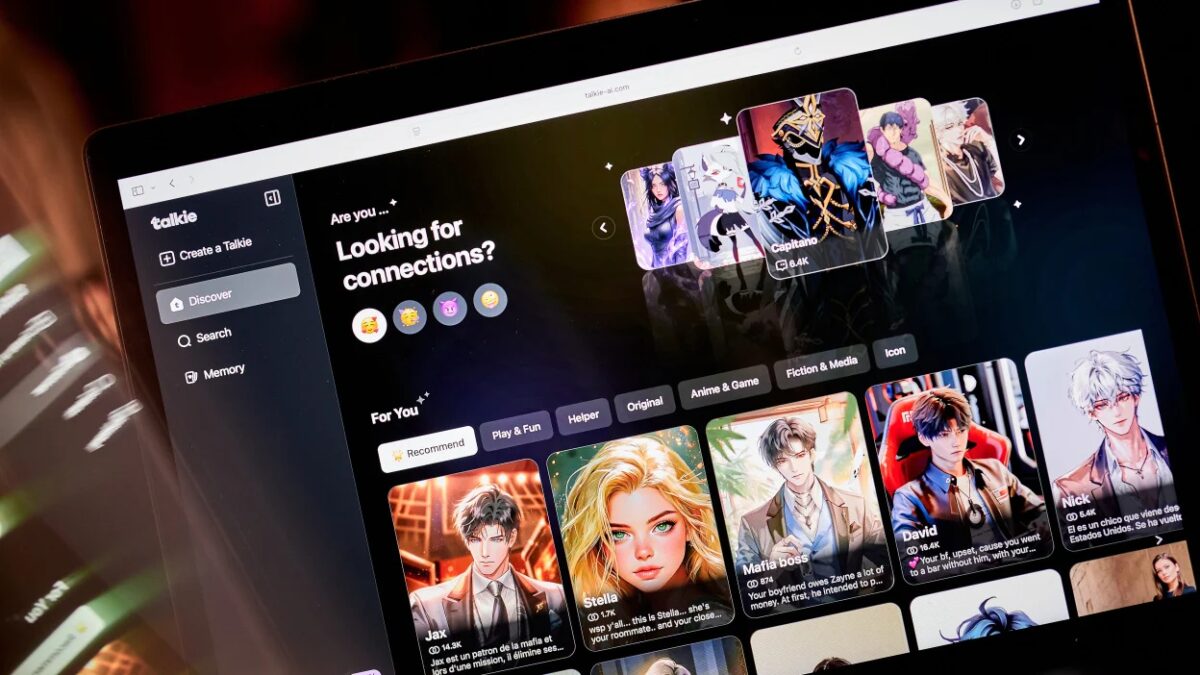OpenAI revises copyright policy on its Sora video app
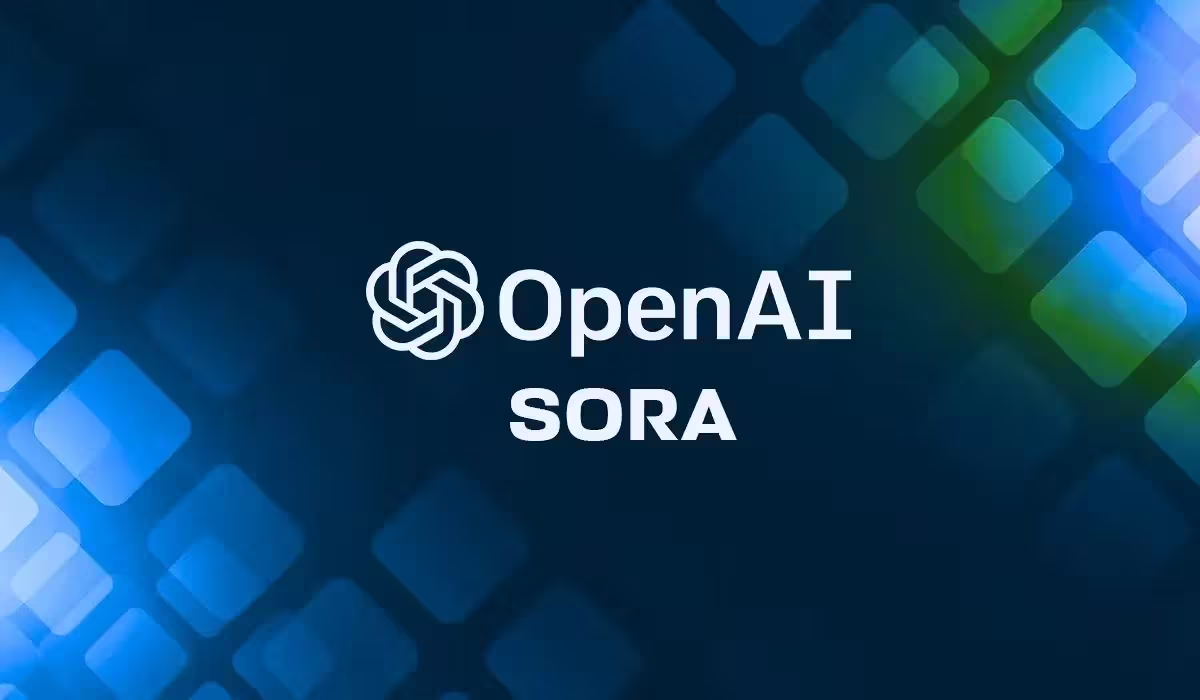
OpenAI may change its approach to copyright and intellectual property in its new video generation app Sora. Before the launch, The Wall Street Journal reported that the company was offering Hollywood studios and agencies «an opt-out option» —if they didn’t want their intellectual property used in Sora videos, they had to specifically state that they did. Although the service is still by invitation, it quickly rose to the top of the App Store. The most notable feature was «cameo» — the ability to upload biometric data and have it digitally embodied in a video. However, many users began actively creating videos of famous characters owned by studios, often violating copyright law. In some cases, the characters are even «criticized» by OpenAI — such as clips of Pikachu and SpongeBob talking to Sam Altman’s dipshit. In a Friday blog post, Altman said the company is preparing two changes. The first — giving copyright holders «more granular control» over the use of their characters. The main difference — moving from «opt-out» to «opt-in»: studios will now have to authorize their own use of characters, or they won’t be available. At the same time, studios will have to give permission to use characters, or they won’t be available. Altman said many rights holders are interested in «the new format of interactive fanfic» but want clear regulation of exactly how their characters can be used — up to and including a complete ban. He acknowledged, however, that there could be «extreme cases» where unacceptable generation would still leak into the system. He acknowledged that there could be «extreme cases» where unacceptable generation would still leak into the system. The second change has to do with monetization. OpenAI originally planned to make money only from paid generation during peak demand hours, but the company is now looking at other revenue models, including possible revenue sharing with copyright holders. «We hope that the new engagement format proves even more valuable than the revenue-sharing model itself, but we want both to be beneficial» — Altman noted.

